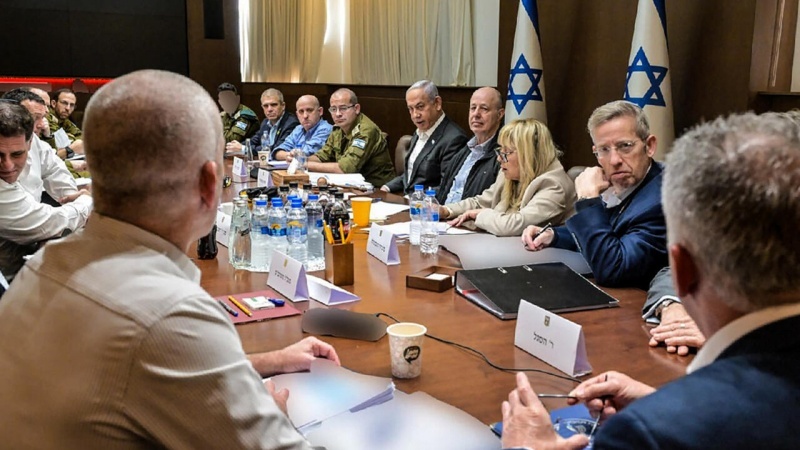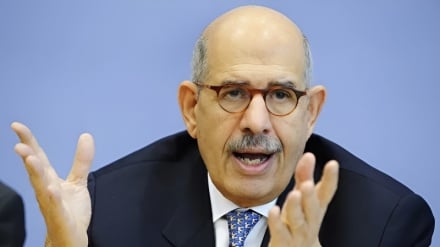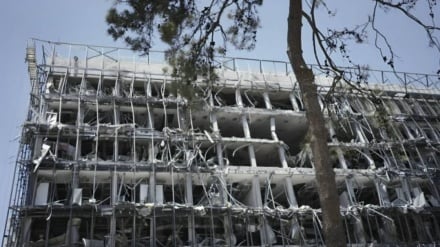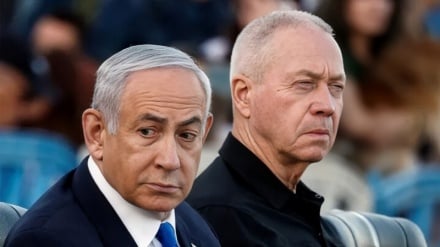Pars Today's Iran and world news package
Will the Zionist regime adhere to the ceasefire agreement?
Pars Today – Despite the implementation of the ceasefire agreement in Gaza and the prisoner exchange, serious doubts remain about the Zionist regime's commitment to this agreement, especially with Trump coming to power. For this reason, during the recent United Nations Security Council meeting, most speakers emphasized the necessity of stabilizing this agreement.
According to Pars Today, Amir Saeid Iravani, the Ambassador and Permanent Representative of the Islamic Republic of Iran to the United Nations, in his speech at the Security Council meeting, stressed that the ceasefire in Gaza must be transformed into a permanent and sustainable solution.
He added, "This requires the complete withdrawal of Israeli regime forces, uninterrupted delivery of humanitarian aid, and the formulation of a comprehensive reconstruction plan for Gaza.
Furthermore, the international community must prioritize maintaining UNRWA's mission and ensuring sustainable and predictable funding to support Palestinian refugees. Additionally, addressing the escalation of violence in the West Bank, including settler attacks, which pose a serious threat to peace and security, requires urgent and decisive action."
Fu Cong, China's Permanent Representative, also addressed the Security Council, noting that over the past 15 months, Gaza has been subjected to intense bombardment, resulting in more than 46,000 deaths, 2 million people facing a humanitarian crisis, and the region descending into instability.
He emphasized that achieving a ceasefire is only the first step, and the international community must increase its efforts to resolve fundamental issues, including ensuring a permanent cessation of hostilities in Gaza and alleviating the humanitarian crisis in the region.
These statements indicate that although the right-wing cabinet governing Israel was forced to accept the ceasefire under pressure from the resistance, there is no guarantee that it will adhere to the agreement after the release of its prisoners.
This is especially true since the signing and implementation of the ceasefire agreement and the prisoner exchange are seen as a defeat for Israel and Prime Minister Netanyahu personally. Some experts even believe that Netanyahu's cabinet is on the verge of collapse.
Meanwhile, within the Occupied Territories, residents and many political, military, and media figures are protesting against this agreement, viewing it as a defeat for Israel and a victory for the Palestinian resistance.
During the 15-month Gaza war, the Zionist regime repeatedly stated its intention to destroy Hamas and the resistance in Gaza, free Israeli captives by force rather than through agreement, and evacuate the entire Gaza Strip or at least its northern part from Palestinians, re-establishing Zionist settlements in the area.
However, Tel Aviv has now accepted, through an agreement with Hamas, to exchange its captives with Palestinian prisoners in stages. It has also agreed that international aid will be delivered to Hamas, with the Palestinian resistance group managing its distribution.
Moreover, Israel has agreed to withdraw its forces from Gaza. In reality, accepting the ceasefire agreement with Hamas signifies acknowledging defeat in the face of the resistance's will, which has consistently emphasized the exchange of prisoners, the withdrawal of occupiers from Gaza, and facilitating the entry of international aid into the region as its primary demands.
Another factor increasing doubts about Israel's commitment to fully implementing the ceasefire agreement is the rise of Trump in the United States. Donald Trump, the new U.S. President, while signing executive orders at the White House, stated that he is not confident the Gaza ceasefire can be maintained. Previously, Trump's envoy to the region, Witkoff, had also said that the Gaza agreement was difficult to achieve and might be even harder to implement.
MG/UR



